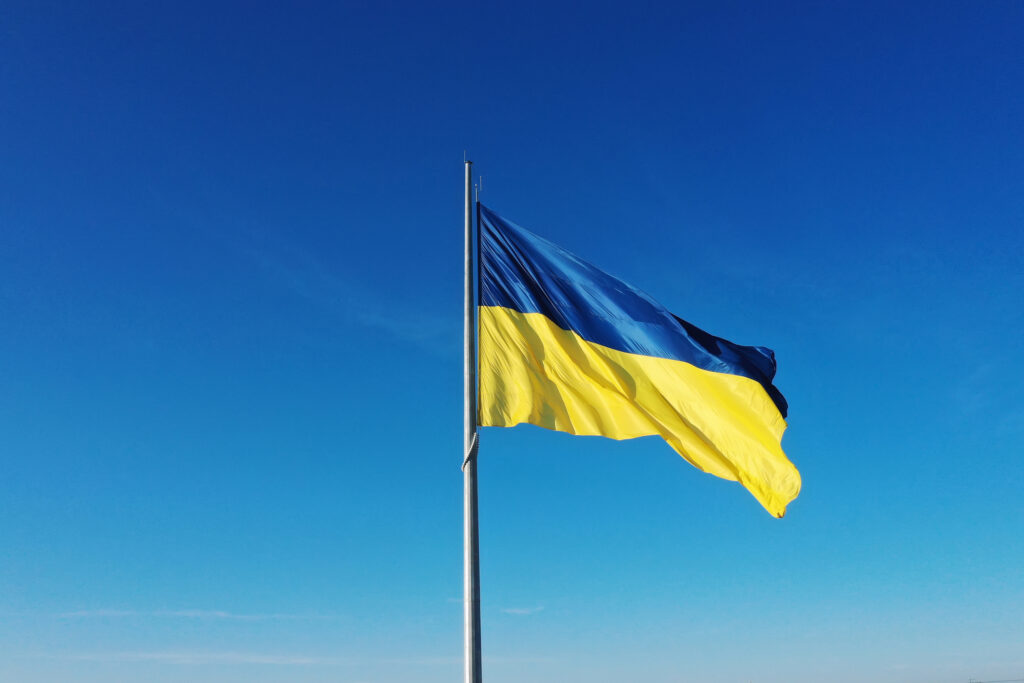The humanitarian crisis in Ukraine is uniquely addressable by the language service industry. Here are some ways we can work together to make sure those who have been affected can access language services they need.
The Russian invasion of Ukraine has created the largest growing refugee crisis in Europe since World War II. As of March 9, 2022, over 2.3 million refugees have fled Ukraine to seek safety in neighboring countries such as Poland, Slovakia, Hungary, and Romania. Yet they still face a long and difficult journey when it comes to rebuilding their lives in a country where they may not speak the language. Fortunately, there are a few ways to help Ukrainians access the translation and interpreting services they need to navigate the resettlement process.
If You’re a Language Services Provider…
Language service providers (LSPs) are in a unique position to help Ukrainian refugees. LSPs typically have wide networks of Ukrainian and Russian interpreters and translators. If you work at an LSP, consider offering free interpreting minutes and/or document translation for Ukrainian, Russian, and other in-demand languages. Keep in mind that over 20 languages are spoken in Ukraine.
At Boostlingo, we’ve committed to providing free interpreting minutes to Ukrainian refugees. We offer 24/7 on-demand remote interpreting support for Ukrainian, Russian, Polish, Hungarian, and other in-demand languages.
If You’re a Professional Interpreter or Translator…
Professional interpreters and translators can volunteer for non-profit organizations that offer free language services. Services that are in high demand include:
- Medical interpreting
- Legal interpreting
- Document translation
The UK-based nonprofit Charity Translators has published a list of organizations that offer language support for Ukrainian refugees and need volunteers.
Please note: The list was complied from various published sources and shared in good faith. If you would like to make an additions or changes, contact Charity Translators at [email protected].
If You’re an Individual…
You can donate to Translators without Borders or another nonprofit organization that provides interpreting services to Ukrainian refugees. If you can’t contribute financially, consider showing your support by sharing information on social media. You never know if someone in your network could benefit from getting the details on LSPs and nonprofits that are working to help.
Do you have any other recommendations on how to help Ukrainian refugees access language services? Please let us know in the comments.
We’ll continue to update this information as the situation evolves.




